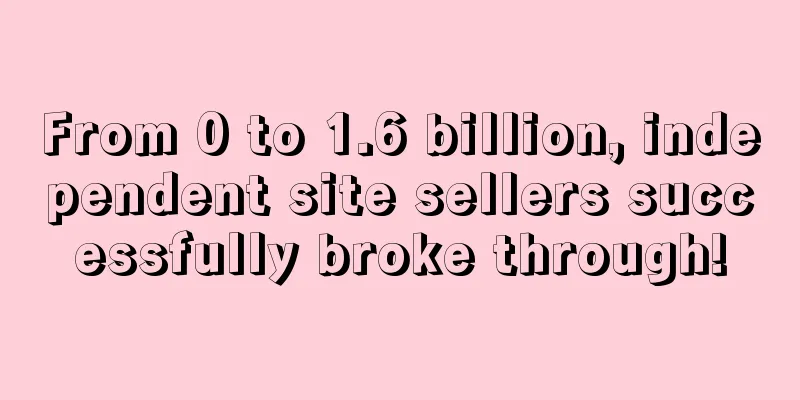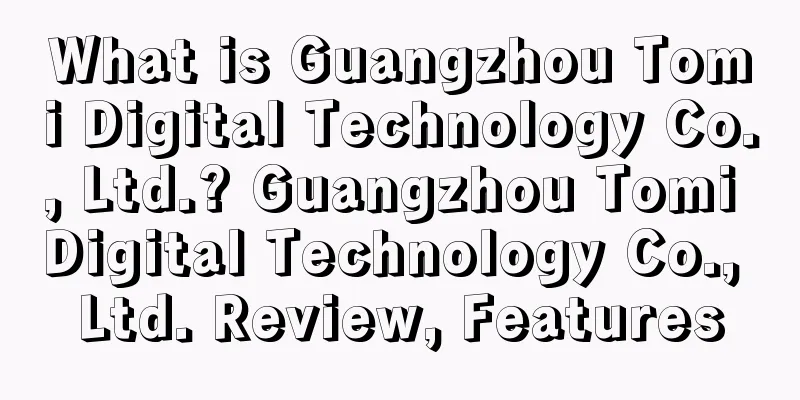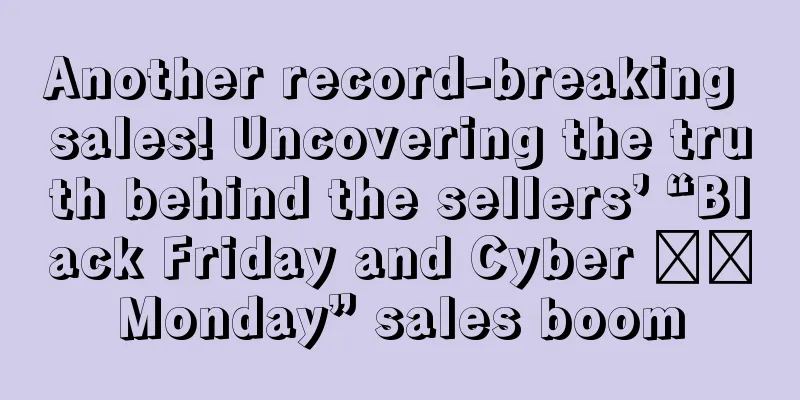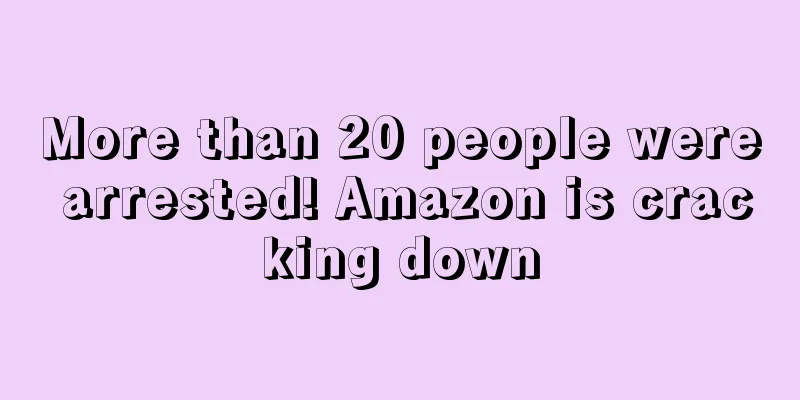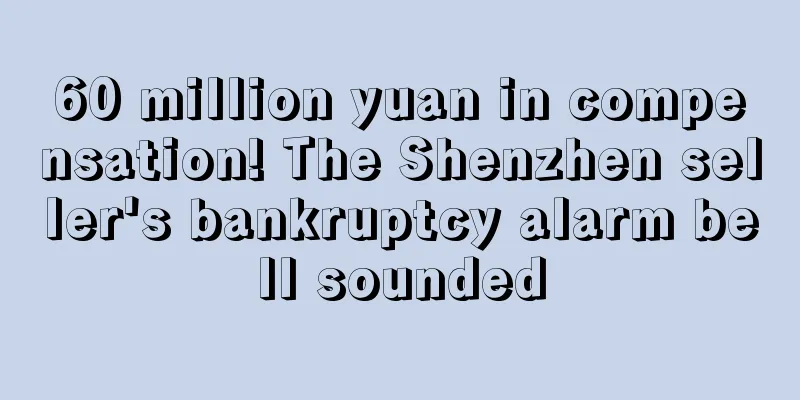What is PSE certification? PSE certification Review, Features

|
PSE certification is a mandatory safety certification for electrical appliances in Japan and a mandatory market access system for electrical appliances in Japan. Depending on the product, PSE certification is divided into "specific electrical appliances" and "non-specific electrical appliances". The former has a diamond-shaped PSE logo on the nameplate, while the latter has a round PSE logo on the nameplate. The PSE certification fees for different categories of products are different.
About PSE Certification Japan's DENTORL Law (Electrical Devices and Materials Control Law) stipulates that 498 products must pass safety certification to enter the Japanese market. Among them, 165 Class A products should obtain the diamond-shaped PSE mark, and 333 Class B products should obtain the circular PSE mark.
Certified product range Class A PSE specific electrical products certification scope: ·Wires and cables, fuses, wiring devices (electrical accessories, lighting appliances, etc.), current limiters, transformers, ballasts; ·Electric heating appliances, electric power application mechanical appliances (household appliances), electronic application mechanical appliances (high-frequency hair removal devices); Other AC electrical machinery and equipment (electric insect killer, DC power supply device), portable engines. Class B Japanese non-specific electrical certification scope: Products certified by the Japanese circular PSE mark, which belong to the "Non-specific electrical appliances" catalog, must be tested by a laboratory approved by the Ministry of Economy, Trade and Industry of Japan to enter the Japanese market, confirm that they meet the Japanese electrical appliance technical standards, and obtain a qualified test report PSE certificate before the PSE circular mark can be affixed to the product and the product can be sold in the Japanese market.
Diamond and circle logo comparison ·diamond: (1) Diamond PSE generally targets components, especially key components such as electronic components; (2) Diamond PSE requires a longer factory inspection cycle; (3) Diamond PSE certification direct issuing agencies include CQC, TUV, ITS, and Japan JET; (4) There must be a third-party certification body licensed by the Japanese Ministry of Economy, Trade and Industry; (5) According to the DENAN Act, manufacturers are obliged to keep test results and certificates; (6) The label must have the diamond-shaped PSE logo. Round: (1) PSE circular certification is generally for complete product; (2) Circular PSE does not require factory inspection and has a shorter cycle; (3) The circular PSE can be tested and certified by a laboratory recognized by Japan; (4) Must be certified by a third-party certification body licensed by an international accreditation body; (5) According to the DENAN Act, manufacturers are obliged to keep test results and certificates; (6) The label must have a circular PSE logo.
Documents required for applying for PSE certification (1) PSE certification application form; (2) Factory Inspection Questionnaire (for Specified Electrical Appliances and Materials); (3) A copy of the business license of the applicant, manufacturer or production plant; (4) Product instructions; (5) A description of the differences between the various models of products within the same application unit; (6) List of key components and/or main raw materials; (7) Product dimensional drawings, general assembly drawings, and dimensional drawings of each part; (8) Authorization certificate issued by the manufacturer (if applicable); (9) Other required documents.
Certification Application Process PSE certification fee Since different products have different testing requirements and the testing costs involved are also different, the PSE certification fee is not a fixed fee and needs to be evaluated based on the product. The PSE certification fee for different products is also different. Circular PSE includes testing fees and certification fees, and does not require factory inspection, so the cost is relatively low. For example, the PSE certification fee for an ordinary humidifier is about 5,000 yuan, and the cycle is 2 weeks; while the testing requirements for electric water heaters are more and the cost is higher, and its PSE certification fee is about 8,000 yuan, and the cycle is about 3 weeks. Diamond PSE has an additional factory inspection step. The diamond PSE certification fee includes testing fees, certification fees, and factory inspection fees. Taking the most common power products currently encountered as an example, the PSE diamond fees are as follows: For example, the PSE certification fee for power adapters is about 25,000 yuan, and the cycle is 6-8 weeks; while the PSE certification fee for switching power supplies is about 28,000 yuan, and the cycle is 6-8 weeks.
China Certification Agency On April 23, 2007, Announcement No. 129 of the Ministry of Economy, Trade and Industry of Japan was issued, and an order was signed by the Minister of Economy, Trade and Industry of Japan, officially authorizing the China Quality Certification Center (CQC) to undertake Japan's PSE mandatory product certification. CQC became the fourth foreign certification body authorized by the Japanese government after internationally renowned certification bodies such as UL and TUV.
The product categories of CQC's Japanese PSE product certification are divided into three categories: Wires and cables (including 20 products), wiring equipment (electrical accessories, lighting appliances, etc.) (including 38 products), electric power application machinery and equipment (household appliances) (including 12 products), etc.
history In 1961, Japan passed the Electrical Products Control Law, which divided electrical products into two categories: one for mandatory certification, where the product needs to be affixed with the T-MARK mark, and the other for recommended certification electrical products, where the product needs to be affixed with the S-MARK mark. From April 1, 2001, the "Electrical Products Control Law (DENTORL)" was officially renamed the "Electrical Products Safety Law (DENAN)". Different from the control of the previous regulatory system's agreement regulations, the new system authorizes third-party certification agencies to conduct product conformity assessment tests. The original T mark and S mark are no longer used, and are replaced by the PSE diamond and circular marks. |
<<: What is WinShangHui? WinShangHui Review, Features
>>: What is Black Friday e-commerce school? Black Friday e-commerce school review, features
Recommend
Floods flood the border between Brazil and Peru, displacing nearly 140,000 people
The border region of Peru and Brazil has received...
Gradually getting better! The Southeast Asian supply chain affected by the epidemic is recovering
Southeast Asia, especially Vietnam, began to suff...
What is Guangdong GouKuai Supply Chain Group Co., Ltd.? Guangdong GouKuai Supply Chain Group Co., Ltd. Review, Features
Guangdong GouKuai Supply Chain Group Co., Ltd. was...
Merchants usher in a 10-fold explosion! AliExpress's "Super Explosion Day" has become a sales accelerator for new products
As a new traffic gameplay of AliExpress in 2024, ...
What is UAMAX? UAMAX Review, Features
UAMAX Home Appliances and Electronics Online Store...
What is Pavol International Warehousing? Pavol International Warehousing Review, Features
Shenzhen Pavol International Warehousing Service C...
What is Selro? Selro Review, Features
Selro is a platform that provides all the tools to...
Beware! A large number of cross-border sellers will be affected? Some have already been fined
Compliance is imperative! Cross-border e-commerce...
What is Midongdong·AI Marketing Calendar? Midongdong·AI Marketing Calendar Review, Features
Midongdong AI Marketing Calendar is divided into ...
What is Oros? Oros Review, Features
Oros is a team of tenacious experimenters, wild dr...
What is lollyhair? lollyhair Review, Features
Lollyhair is located in Xuchang and is a professio...
What is Jinqiao Textile Network? Jinqiao Textile Network Review, Features
Jinqiao Textile Network (Qingdao Xinjinqiao E-Comm...
Report shows: Indonesia's e-commerce penetration rate is higher than that of the United States and France
During the epidemic, e-commerce has flourished ar...
The United States imports 1.64 trillion worth of Chinese goods, and China's total trade value continues to rise!
Statistics show that in the first six months of t...
What is Riogrande? Riogrande Review, Features
Originally from Mexico, Riogrande is a team of exp...
